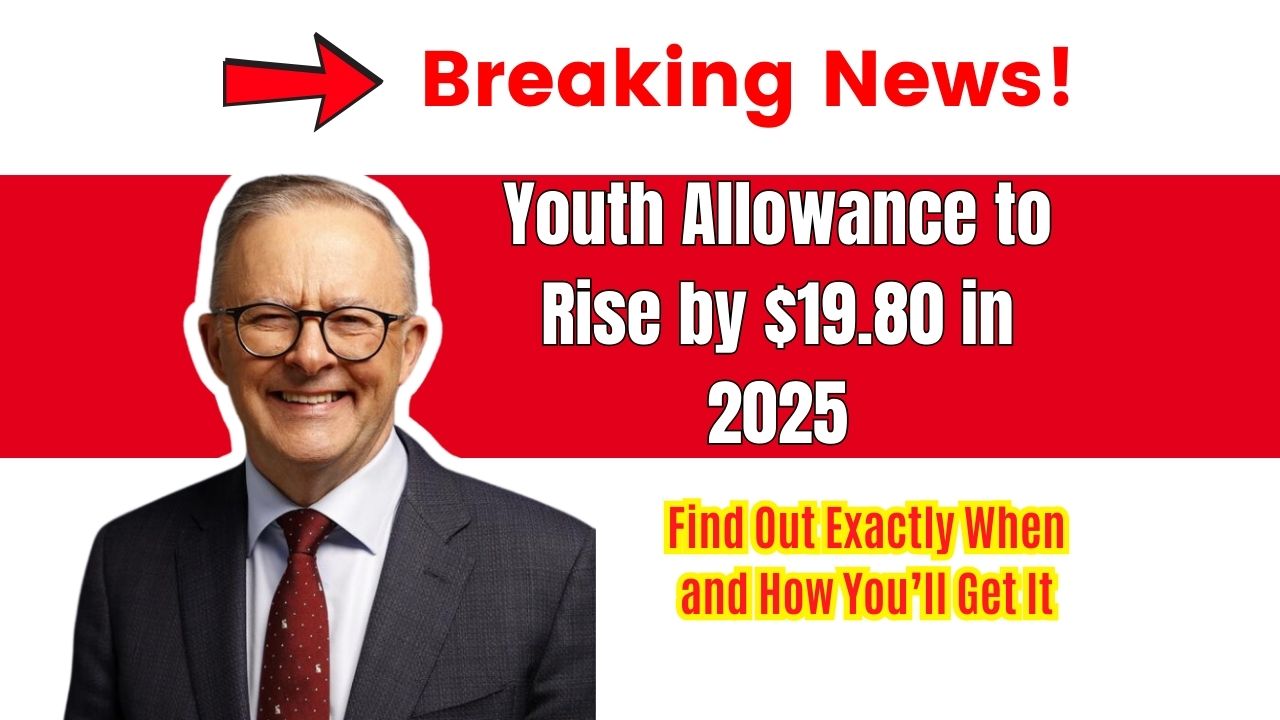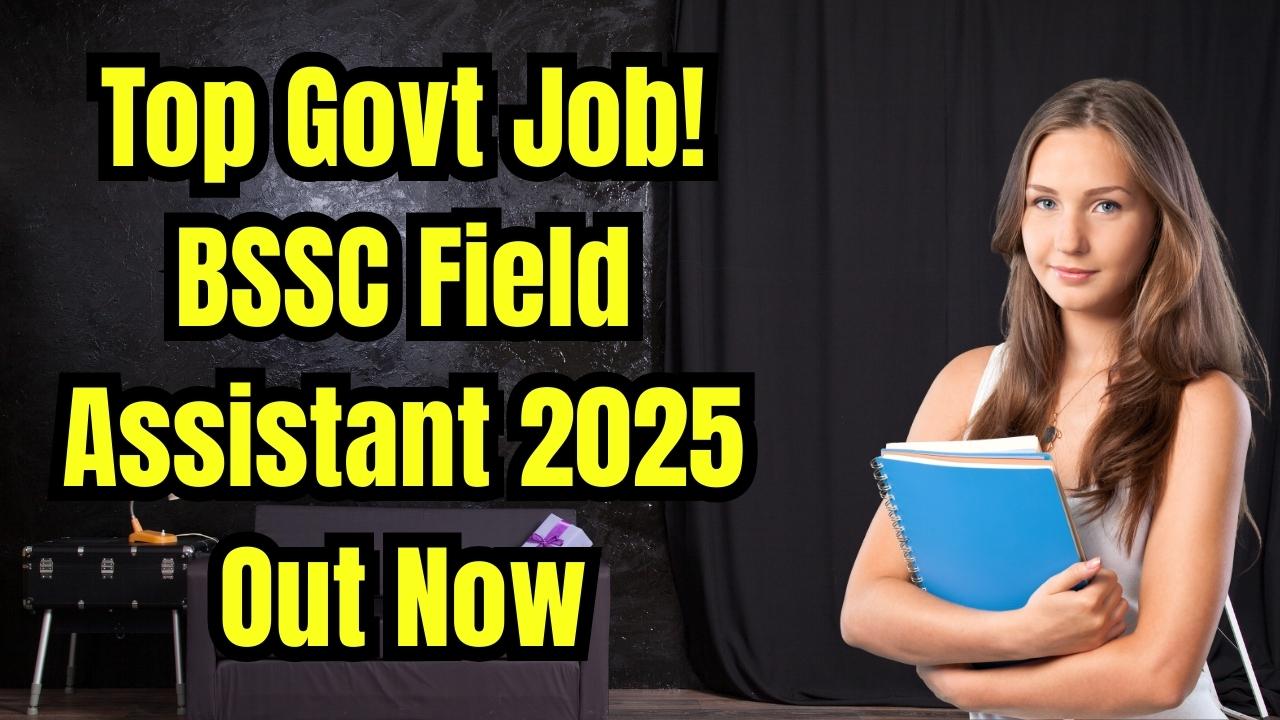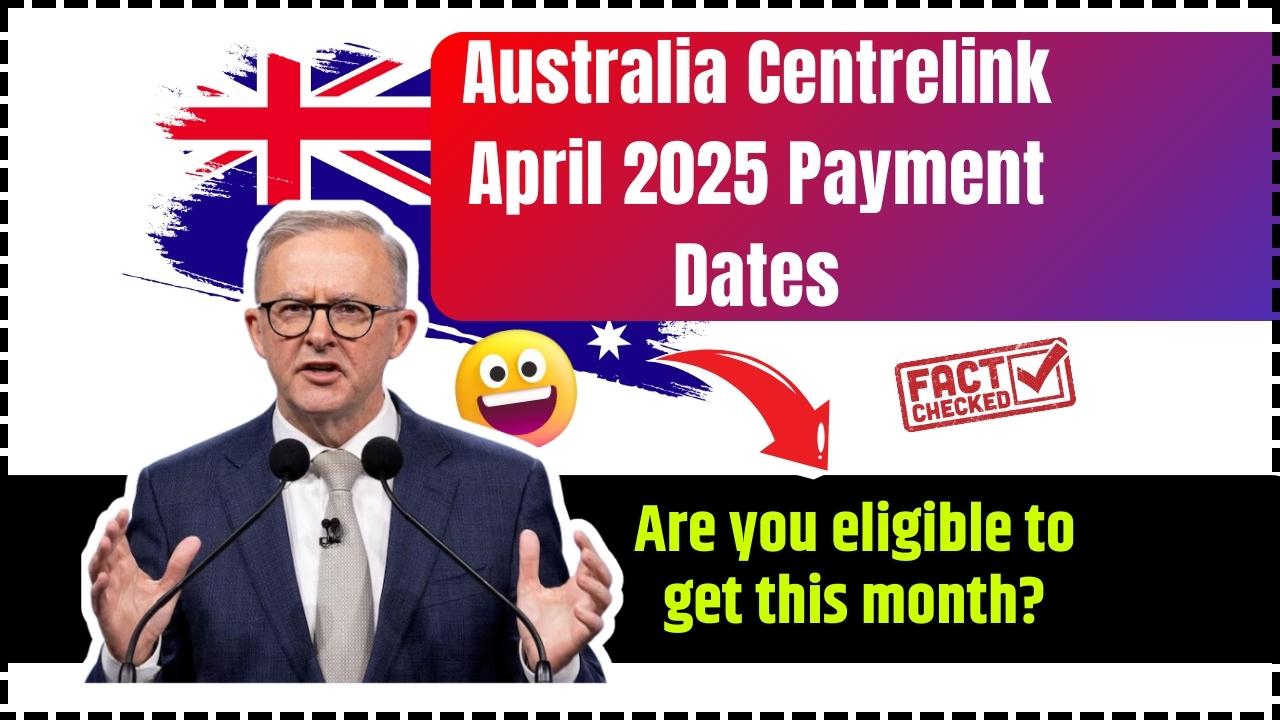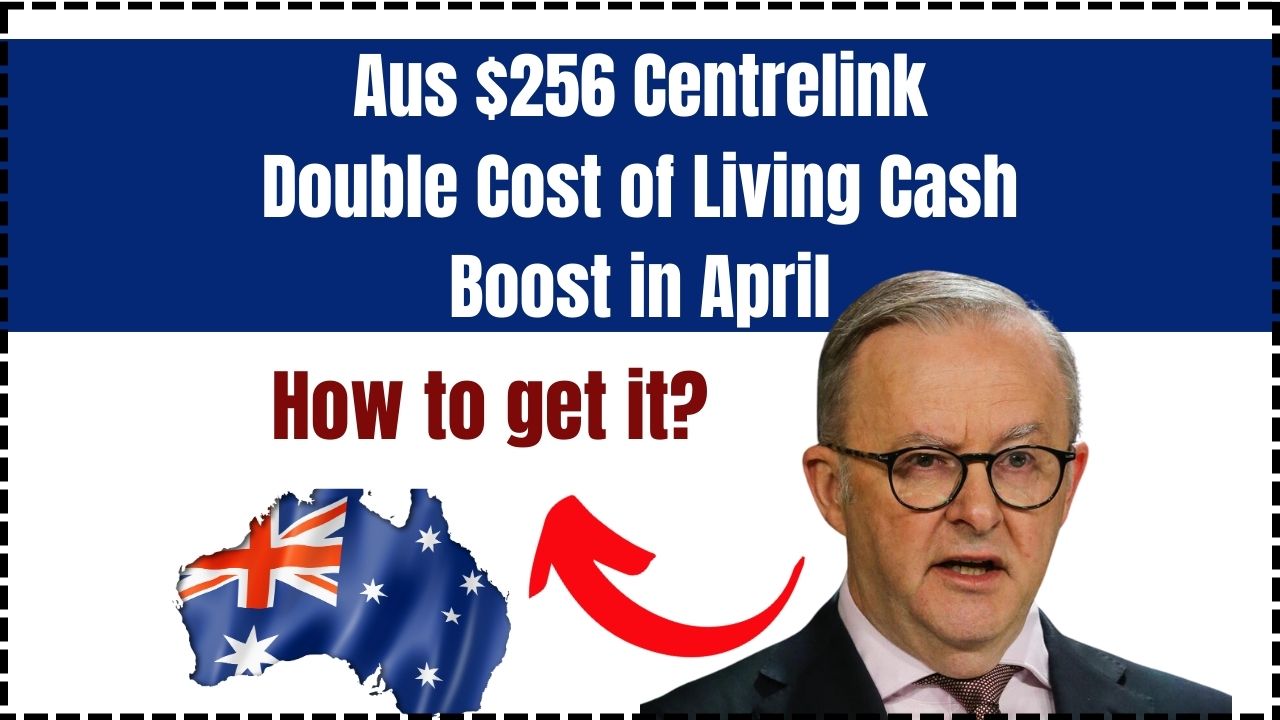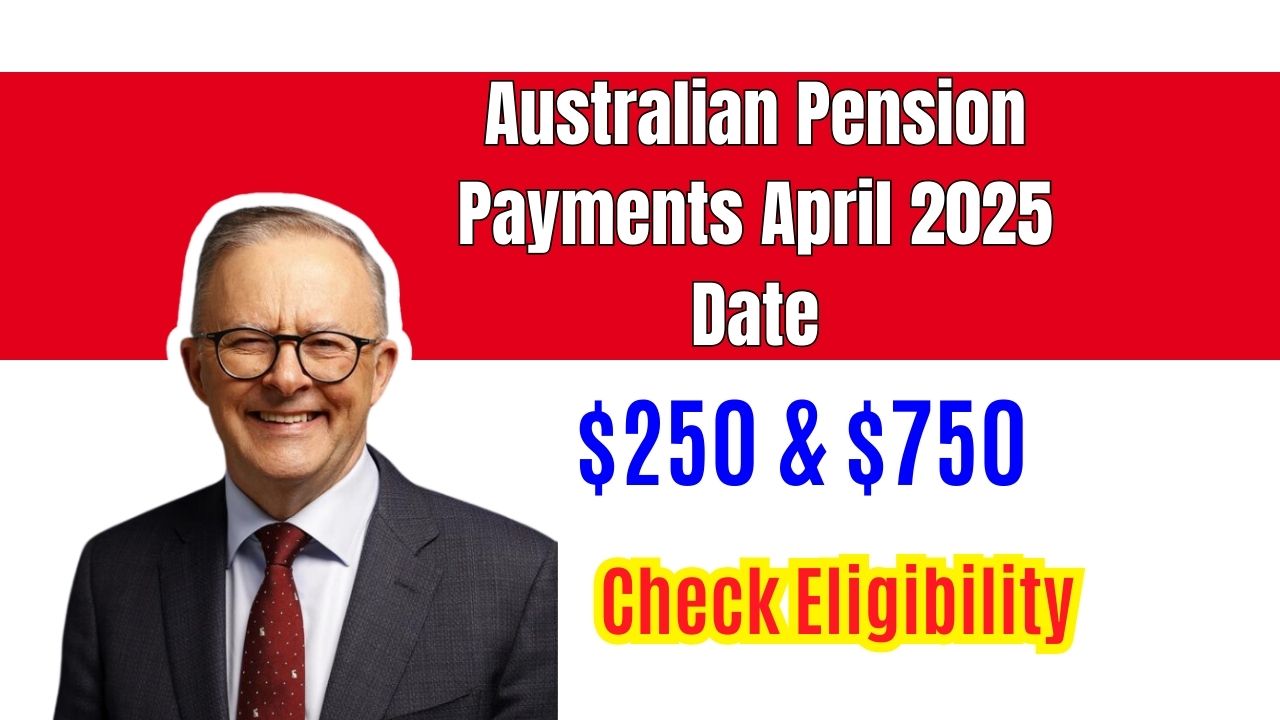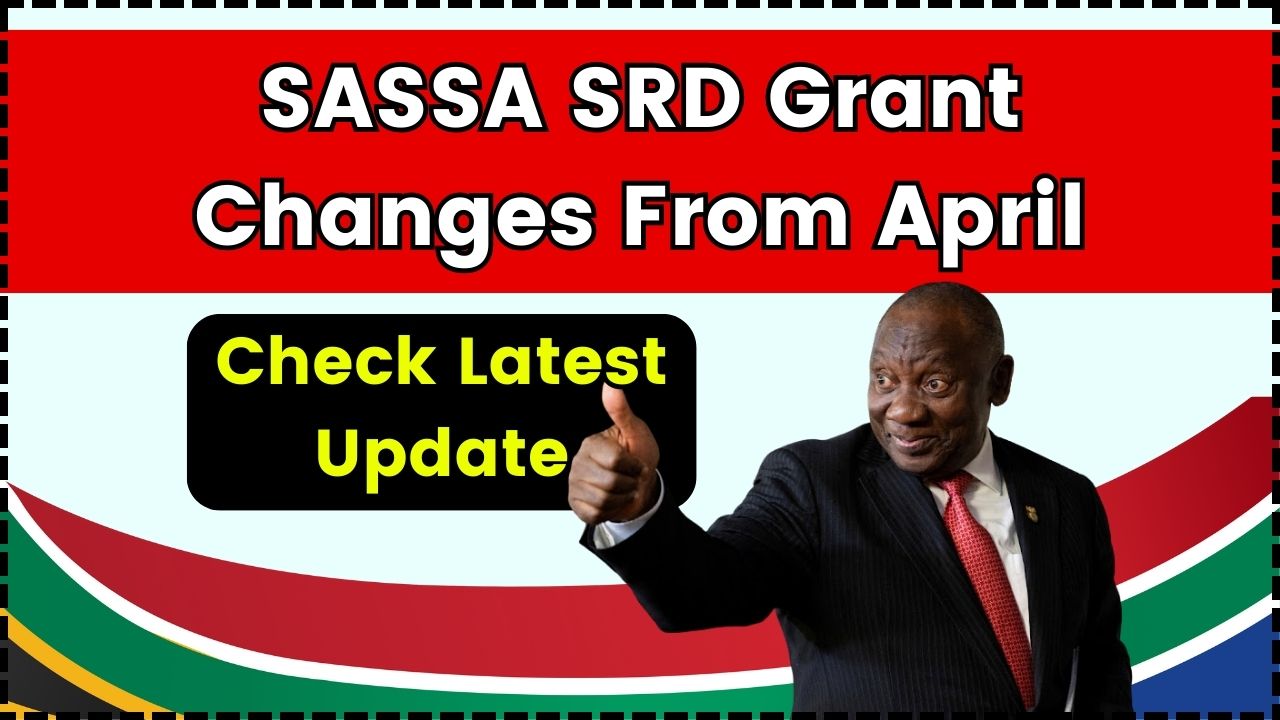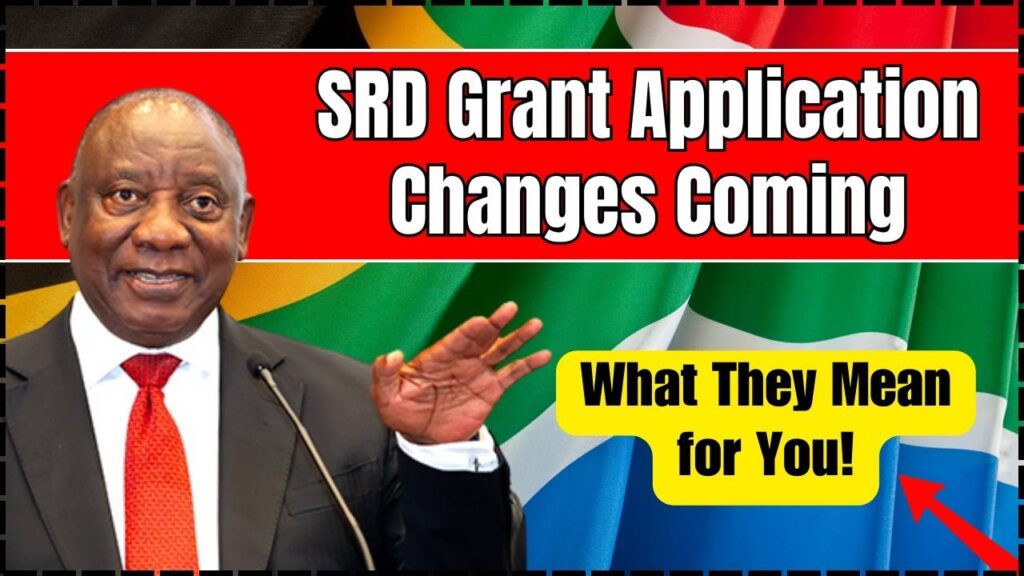
SRD Grant Application Changes: The Social Relief of Distress (SRD) grant has long served as a crucial safety net for millions of South Africans who face financial hardship. Introduced during the height of the COVID-19 pandemic, this monthly grant has continued to be a critical lifeline for those without a consistent source of income. Now, in 2025, the Department of Social Development (DSD) is rolling out proposed amendments to the SRD grant application process—and these changes are designed to make things easier, more efficient, and fairer for applicants.
These new proposals aim to remove several complex, confusing elements of the application, helping ensure that vulnerable individuals are not unfairly excluded due to administrative or technical misunderstandings. If you’ve ever applied for or considered applying for the SRD grant, this guide will walk you through what the changes mean, how they might impact your application, and how to make your voice heard before the April deadline.
SRD Grant Application Changes
| Topic | Details |
|---|---|
| Grant Name | Social Relief of Distress (SRD) Grant |
| Proposed Change | Removal of income-related application questions |
| Reason for Change | To simplify access and comply with court rulings |
| Public Comment Deadline | 14 April 2025 |
| Current Income Threshold | R625 per month |
| Means Testing Method | Monthly SASSA bank account checks |
| Administering Agency | South African Social Security Agency (SASSA) |
| Official Website | www.sassa.gov.za |
The 2025 proposed amendments to the SRD grant application process represent a significant step forward in simplifying and humanizing South Africa’s social relief system. While the R350 grant and R625 income threshold remain contentious, the removal of complex income questions from the application form could ensure broader access to much-needed financial support.
If you or someone you know may benefit from these changes, it’s essential to stay updated, participate in public feedback, and take advantage of the easier application process. With more inclusive rules, South Africa takes a step closer to ensuring no one is left behind in times of hardship.
Why Are SRD Grant Application Changes Happening?
Initially rolled out in 2020, the SRD grant was supposed to be a short-term financial buffer during an unprecedented health crisis. But with unemployment rates remaining stubbornly high and inequality deepening, the grant has become a semi-permanent fixture in South Africa’s social welfare landscape. Recognizing both the importance and the shortcomings of the current system, the DSD is seeking to evolve the application process.
Push for Fairness and Accessibility
Many applicants have faced confusion or disqualification due to unclear questions about income and financial support. For example, receiving R100 from a family member could be mistakenly interpreted as stable income, disqualifying someone who is still in desperate need.
In 2024, this problem reached the courts when civil rights groups like #PayTheGrants and the Institute for Economic Justice (IEJ) challenged the legality of the current means-testing rules. The High Court found several of these regulations to be unconstitutional.
Legal Backdrop
Judge Leonard Twala’s landmark ruling in January 2025 compelled the government to revise the application and eligibility framework, with the court emphasizing that the process must not unfairly penalize the poor. The ruling pushed the DSD, SASSA, and National Treasury to create a more inclusive approach, leading to these newly proposed reforms.
What Exactly Is Changing in the Application Process?
The primary change centers around the removal of self-reported income-related questions. Previously, applicants had to answer whether they were getting help from family, doing informal work, or receiving any irregular cash deposits—all of which could count against them.
Current System:
- Must disclose all income, including informal or family support
- Extensive screening through a complex questionnaire
- Risk of disqualification for receiving even small irregular support
Proposed System:
- No income disclosure required during application
- SASSA will carry out automated monthly bank account checks to assess income status
- Only personal details like ID number, contact information, and consent for data checks will be required
This streamlining is expected to reduce administrative bottlenecks, lessen errors, and remove one of the biggest barriers to accessing this essential grant.
“Simplifying the application will remove a significant barrier for those already struggling and avoid wrongful exclusions,” says the IEJ.
Means Testing Still Applies – Here’s How
Even with these simplifications, the grant remains means-tested, meaning applicants must still fall below a specific income threshold—currently R625 per month—to qualify. This means SASSA will continue to access your banking information each month to confirm eligibility.
What This Means Practically:
- Any month in which you receive more than R625 into your account could disqualify you
- Even small, irregular deposits from friends, family, or piece jobs count as income
- The system resets each month, so you may qualify one month but not the next
Critics of the system argue that R625 is far below the actual poverty line, especially in urban areas, and are calling for an updated, more realistic threshold.
Why Public Participation Matters
Public comment on the draft amendment is open until 14 April 2025, and citizens are encouraged to participate actively. Whether you’re an SRD recipient or a concerned citizen, your feedback can influence how the policy is finalized.
SRD Grant Application Changes Submit Your Input:
- Visit www.dsd.gov.za
- Read the draft proposal
- Email or upload your comments
- Share your personal experience or recommend further improvements
Public engagement is a powerful tool in shaping effective and equitable policy. The more input the government receives, the more responsive the final regulations are likely to be.
SRD Grant Application Changes Guide for Applicants
To help you navigate the process as it evolves, here is a guide tailored for new and returning applicants:
- Visit the Official SRD Website: Go to www.sassa.gov.za and click the SRD Grant link.
- Register or Log In: Provide your ID, phone number, and verify your credentials via OTP (one-time password).
- Consent to Data Access: Grant SASSA permission to review your bank statements and other relevant data monthly.
- Submit Your Application: Complete the simplified form and confirm submission.
- Track Your Status Monthly: Check your eligibility and payment status at the beginning of each month.
Impact on Various Stakeholders
For Individuals:
- Less paperwork and fewer confusing requirements
- More automated processing, reducing human bias or error
- Still need to manage finances to stay under the threshold
For Advocacy Groups:
- A partial legal and moral victory
- Push continues to raise the R350 grant value and R625 income cap
For the Government:
- Reduces administrative burden and potential for litigation
- Helps build a more modern and responsive welfare framework
FAQs on SRD Grant Application Changes
Q1: Are these changes finalized?
A: No. They are still in draft form and subject to change based on public feedback.
Q2: Will removing income questions mean everyone qualifies?
A: No. Monthly bank checks will still be used to confirm that your income is under R625.
Q3: Can I reapply if I was previously rejected?
A: Yes. Especially if you were disqualified for support from others, reapplying under the new system could change your eligibility.
Q4: Will the grant amount of R350 be increased?
A: Many advocacy groups are lobbying for this, but no decision has been made.
Q5: Is it safe to give SASSA access to my bank account?
A: Yes. The process is regulated, secure, and used solely for verification—no funds are withdrawn.

